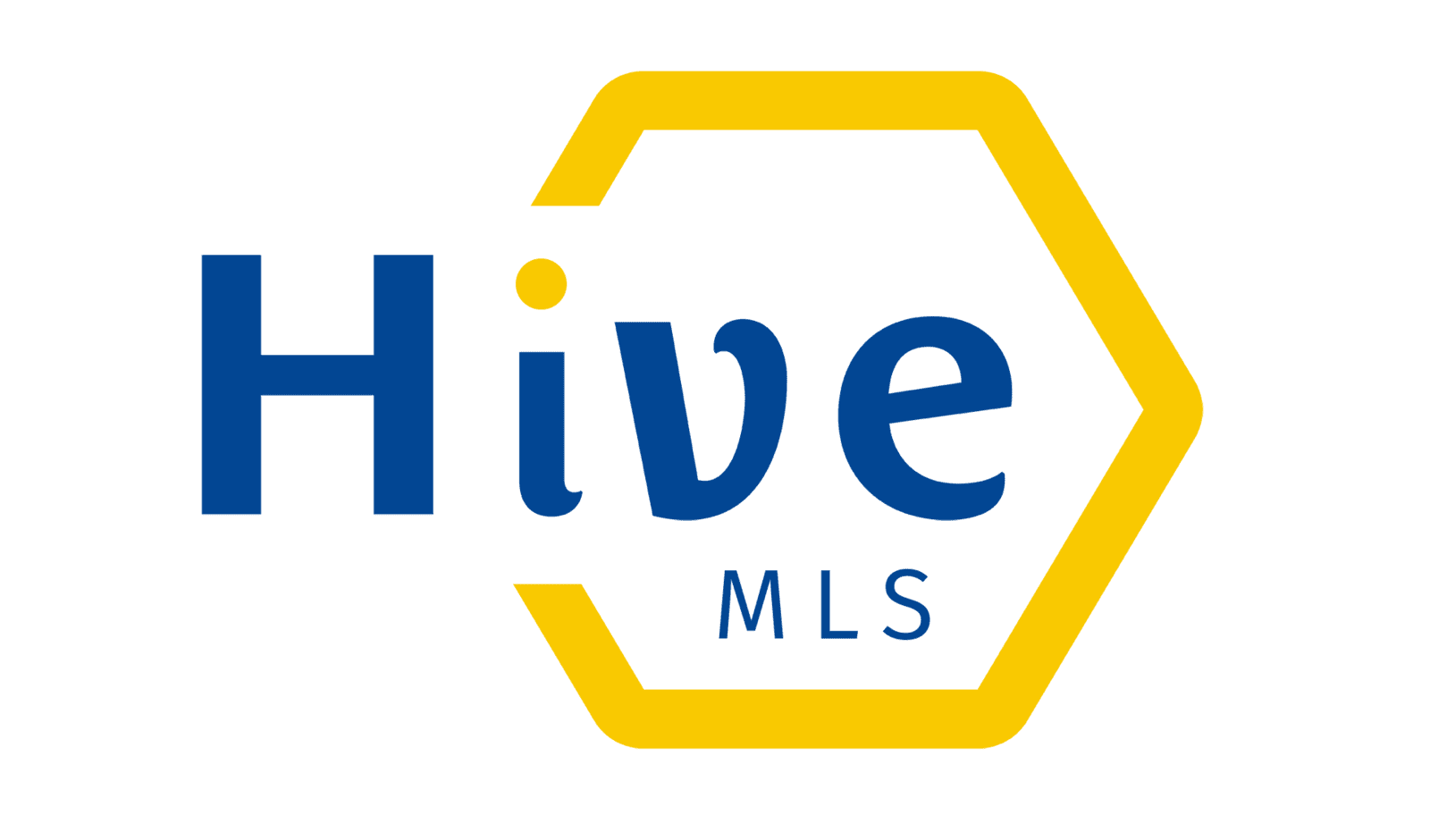Antitrust Policy
Any questions about the Antitrust Policy should be directed to NCRMLS Board of Directors and its legal counsel.
This policy serves to prevent anti-competitive conduct by North Carolina Regional MLS, LLC; but it also aims to reduce even the appearance of anti-competitive conduct. If Hive MLS staff and volunteer leaders follow these guidelines, NCRMLScan carry out its mission without running afoul of antitrust and competition laws.
This policy is adopted and effective as of August 10, 2022 by the Board of Directors of Hive MLS, LLC.
This policy applies to all NCRMLS leadership and staff while conducting business on behalf of Hive MLS, LLC, and to Subscribers when attending or participating in Hive MLS activities. “Subscribers” means any real estate broker, appraiser, or real estate related business professional that obtains MLS services from Hive MLS in accordance with the MLS Policies.“MLS Policies” means Hive MLS’s governing documents, rules and regulations and any operating policies promulgated by Hive MLS.
Compliance with NAR policy. Hive MLS concurs with, follows, and adopts the National Association of REALTORS® (“NAR”) Antitrust Compliance Policy, available at https://www.nar.realtor/handbook-on-multiple-listing-policy/policies-mls-antitrust-compliance-policy. This policy supplements the provisions of the NAR Antitrust Compliance Policy.
Compliance with laws. Hive MLS is committed to compliance with all applicable federal and state antitrust and competition laws.
Increasing competition. Hive MLS’s activities will increase competition among its Subscribers by providing information to them regarding effective business practices, thereby improving consumer experiences.
No collective action. Hive MLS provides a forum for members to discuss their industry and understand developments within in it. Hive MLS is NOT a forum for members to develop collective action plans that would harm consumers or competitors.
a. An agreement (or activity that might look like an agreement) to fix prices, limit product or service offerings, or divide geographical territory or customers.
b. An agreement (or activity that might look like an agreement) to refuse to deal with any third party or parties, whether a vendor or supplier of products or services, a competitor to the members, or a customer or class of customers.
c. An agreement (or activity that might look like an agreement) to limit innovation, product choices, or research relating to any the matters above.
d. Sharing of recent, current, or planned fee structures, or data regarding business costs spent to create a product or service, especially if those costs would affect service prices. This does not prevent the Hive MLS gathering and aggregating certain kinds of historical pricing information, subject to its lawyer’s review.
e. Any suggestion that the Hive MLS or its members will act together to force a vendor or service provider to change its business models, prices, or service offerings.
a. Before the meeting, publish notice of the meeting to those allowed to attend it and include an agenda identifying the business that attendees at the meeting may discuss.
b. Print the following legend (or have it printed) on the top of the agenda for the meeting:
“NCRMLS requires all members and staff to follow its antitrust policy, available at https://www.HiveMLS.com/ and to report any violation of them. Silence is not enough!”
Every person who receives a notice and agenda should review it to identify any agenda item that might raise concerns under this policy and ask the staff or presiding member to refer any such items to the HiveMLS’s lawyer for review before the meeting.
d. At the beginning of the meeting, the attendees should adopt the published agenda for the meeting and then follow it.e. Encourage and permit every person allowed to attend any meeting to express his or her views on any issue under review before participants in the meeting make a decision; but each person’s comments must comply with Section 4.f. If a discussion is, or is likely to become, inconsistent with this policy, suspend the discussion until the HiveMLS’s lawyer can review the discussion under the antitrust laws; the minutes should note the suspension.g. Make minutes of meetings, circulate them, and have those attending the meeting review them for accuracy before finalizing them.
a. You should not discuss joining forces with an executive of a competitor to change a business practice of a third company. (“Competitor” includes any company offering similar products and services.)b. If a competitor, supplier, or customer does something that makes you upset, you should take stock and respond in a measured and informed way; not with the emotion invariably resulting from immediately responding to a challenging situation.c. It is important that you adopt business practices to prevent discussions that might lead a judge or jury to conclude you engaged in a group boycott.
a. Do not call or send emails or letters to anyone regarding the business practices of a third party. Speak with a colleague within your company, but do not speak with anyone outside your company. Be aware that even internal communications are often discoverable in an investigation or litigation, so use words with care.b. You may speak directly to a competitor or other business that you believe is behaving inappropriately, you may explain to them the basis for your concerns, but under no circumstances should you suggest that you and others like you will join together to take care of the perceived problem.c. Develop internally or through your professional advisers, including lawyers and accountants, a business response consistent with your high business integrity. Involve your lawyer if you believe working with competing firms may be necessary and appropriate for addressing your issue.




